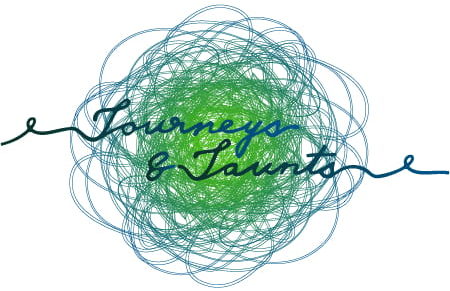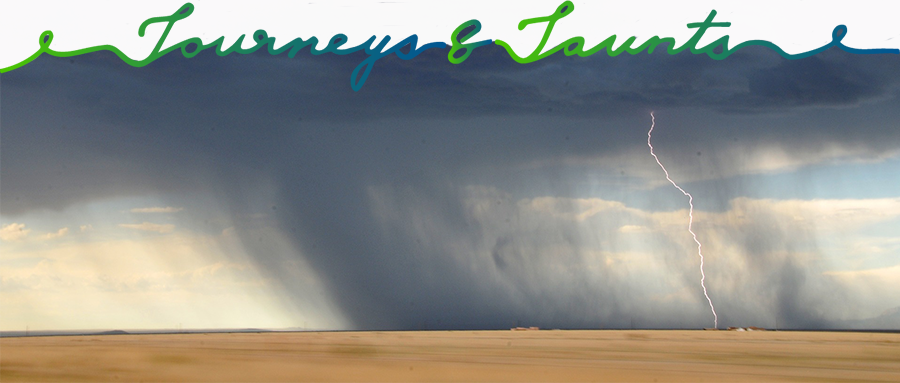Lesser or Slight Heat (小暑, xiǎo shǔ in pinyin) is the 11th term of the 24 traditional Chinese solar terms and according to the Chinese lunar calendar usually comes in the first half of July. In 2022, it falls on the 7th of July. Day by day, the weather turns hotter and hotter, and during the whole season, temperatures are rising to reach the year’s maximum in the next solar term. Also, the amount and strength of the rainfalls and thunderstorms is increasing, making this period the wettest of the year.
There are three pentads separating this term.
The first, 一候温风至 (yī hóu wēn fēng zhì) can be translated as “there’s heat in the wind”, which means that the weather is getting hotter and hotter. The second, 二候蟋蜂居壁 (èr hóu xī fēng jū bì) means that the crickets start to move from the wild into people’s yards. The third, 三候鹰始挚 (sān hóu yīng shĭ zhì) means that the eagles will lead their young to fly out from the nest and learn to hunt.
Xiaoshu is a season of storms, thunder and hail. So, you can expect to be needing an umbrella more often than the whole rest of the year. Therefore, when Minor Heat arrives, farmers are paying more attention to the possibility of floods in the fields. On the other hand, in particularly dry years, this period helps farmers stave off droughts.
Xiaoshu is also the season when fireflies are especially active. When darkness falls, you can see twinkling fireflies everywhere in the fields and parks, like stars come down to earth.
One of Minor Heat’s customs came from old Beijing. Usually, at this time, married women took their children to visit grandparents, and grandmothers would make a red fingerprint on the forehead of the children to ward off evil spirits. In some families, this tradition is still alive.

One of the most valued flowers (or rather plants) in China – the Lotus flower – is in full bloom during Minor Heat. You can find them in almost any pond or lake in China. The lotus is famous not only due to its elegant look. The lotus root, for example, is rich in carbohydrates, calcium, phosphorus, iron and various vitamins and has a wide range of health benefits. Chinese medicine affirms that it can cool the body, improve digestion, reduce cholesterol, lower blood pressure, boost the immune system, prevent various forms of cancer, balance the mood and relieve depression, as well as maintain proper enzymatic activity in the body. Not bad, right? There are different ways of eating it – fresh, within soups, fried, braised, etc. You will find a multitude of people selling lotus roots, seeds, and sometimes the entire flowers on the streets. Give them a try, lotus is not only healthy, it also has an excellent taste!
Xiaoshu is a happy season for melon lovers. During this time, all kind of melons are being harvested. Besides their cooling and soothing effects, melons are a nutritious bunch offering a variety of health benefits. Melons are one of the favorite summertime treats in China, so go and get one for yourself. Especially now, when prices for melons are as low as they’ll go.
And of course, what would a solar term be without recommendations on what to eat?
In ancient times, emperors used to give out ice and fried noodles to their officials and citizens on the first “Fu”. The first “Fu” starts on the 21st day after Summer Solstice,a nd is also known as Dog Day.

Nowadays, people eat Jiaozi on the first “Fu”, noodles on the second, and eggs with baked pancakes on the third. In Xuzhou, the tradition of eating lamb during the summertime can be traced back thousands of years. At that time, there was already the saying “If you have a bowl of lamp soup, you’ll have no need for the doctor.”
In general, during Minor Heat, the Yang Qi energy in humans’ bodies is most powerful and everyone should pay more attention to their work-life balance. And eat food known to cool the body. Also, avoid being outside during the hottest hours and don’t eat too much heavy food. But really, we all tend to do that naturally, right? I know that I tend not to be very hungry when it’s that hot out…




